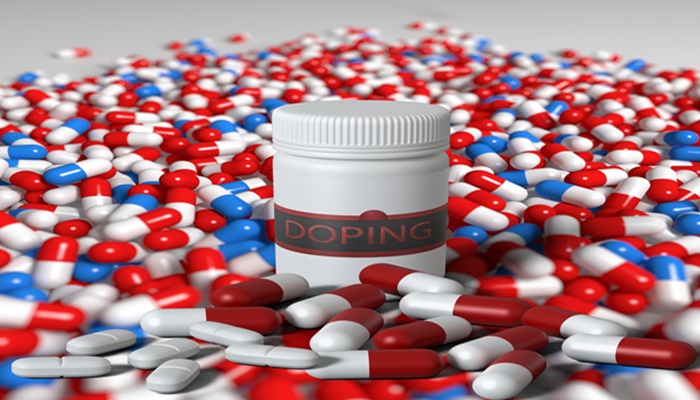To answer this question we must first define what doping is. The term “doping” is explained as the use of prohibited drugs, medications or treatments by athletes with the goal of improving athletic performance. The practice of doping can be traced back centuries to the time of the invention of sports. Athletes were fed special diets and certain plants believed to improve their physical power and performance. The first noted doping at the Olympic Games was in the year 1904, when one of the runners was injected with strychnine, a common rat poison at the time, to help him achieve greater speed and strength (ACMT, 2017).
There are of course other famous, or rather infamous, incidents of doping throughout the history of the sport. Such as the case of Ben Johnson – a Canadian sprinter who appeared to win and set the world record for the 100-metre dash in the 1988 Summer Olympics in Seoul. But later he was tested positive for anabolic steroids and his gold medal went to his American rival Carl Lewis. Or the case of Marion Jones, who in 2007 admitted to using PEDs (performance-enhancing drugs) and was stripped of all her five medals and even spent six months in jail for lying about using them. And then there is the most recent controversy tied with doping. Russian figure skater Kamila Valieva, who is 15 years old, was tested positive for a heart medication called trimetazidine, which is banned by the WADA (World Anti-Doping Agency) because it increases blood flow efficiency and improves endurance – both of these things are crucial to delivering high-end athletic performance (NBC, 2022).
This brings me to my next point. Is someone as young as Valieva even aware of taking PEDs and what role in all of this have coaches? Because evidence of systematic doping sanctioned by the state exists. This was the case with NDR where, basically, if you wanted to be a professional you had to take PEDs or they were given to you, without your consent (Brabec, 2020). And Russia, as the great doping affair of 2015 showed, was or still is the same. Then there is the question, will these coaches or doctors be held accountable for the damage they caused their charges?
Because doping can really damage athletes‘ health. Not just physique wise, where if you are using PEDs or are doing any other form of doping you can develop liver and cardiovascular disease, or the drugs make your heart work so hard that you have a heart attack, but also mentally wise, where you can develop schizophrenia, paranoia or depression (WDSF, 2013).
And is it done enough to stop doping? Sure, there are now bans on individuals and their coaches, but Sir Craig Reedie, 3rd WADAs president, maintained that more can be done and he was urging governments to criminalise doping and suggesting a blanket ban on countries whose athletes regularly dope could be introduced (BBC, 2015).
I hope this movement will prevail in international sport, but pessimistically I know it won’t because we haven’t learned our lesson. If these bans and sanctions aren’t set in stone and imposed, there will still be those who think they will be the first ones to pass the drug testing undetected or those who are desperate enough to win that they will risk their health for it. And not in the sense of pushing themselves over the limit of their bodies, but in the sense that they will take whatever drugs or medications available. So I think doping will still be a problem that will continue for many years to come.
Sources
ACMT. 2017. American College of Medical Toxicology – What is „doping“ and why do athletes do this?. [online] Available at:<acmt.net> Cited on: 05.04.2022.
NBC New York. 2022. Banned, Stripped of Medals and Jailed: Infamous Olympic Doping Cases. [online] Available at: <nbcnewyork.com> Cited on: 05.04.2022.
Brabec, L., 2020. Příběh monstra NDR: hokej přes palubu, doping měnil životy i pohlaví. [online]. Available at: <isport.blesk.cz> Cited on: 05.04.2022.
WDSF. 2013. Dangers of Doping [online] Available at: <worlddancesport.org> Cited on: 05.04.2022.
BBC Sport. 2015. What is doping in sport?. [online] Available at: bbc.com> Cited on: 05.04.2022.



